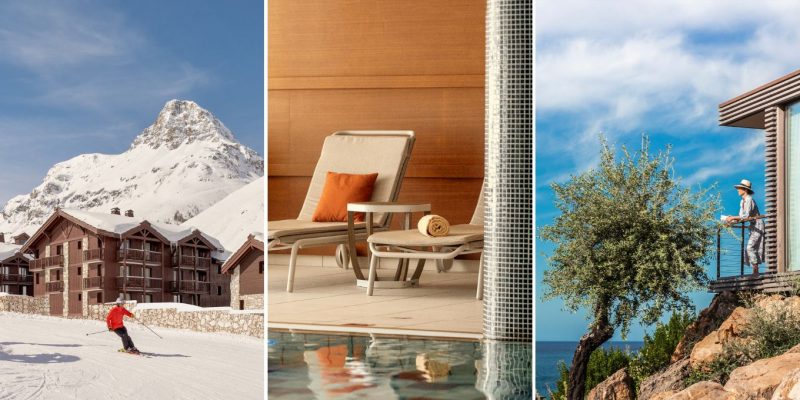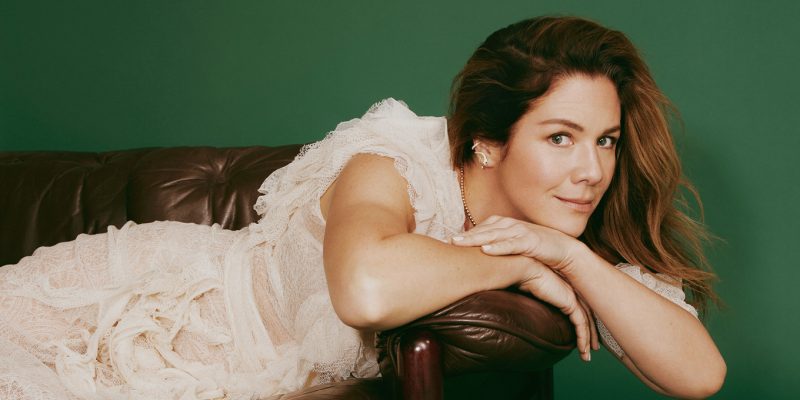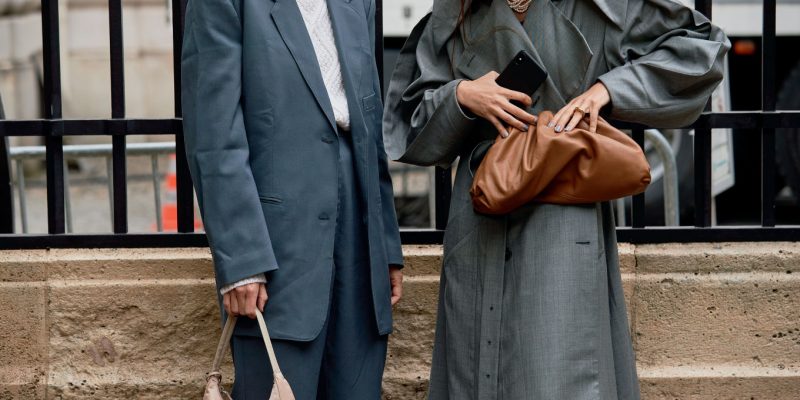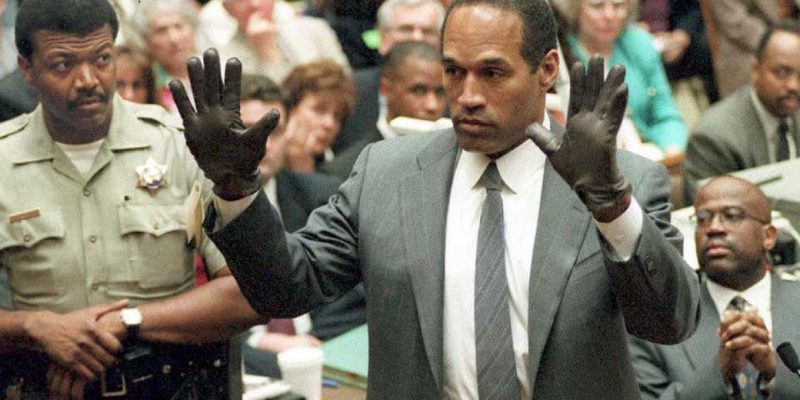Society
Can You Be Addicted to Isolation?
Theoretically, we want our freedom back. But are we really ready to trade in the comfort and safety of quarantine? A former extrovert explains.
by : Becky Burgum- Jul 15th, 2021
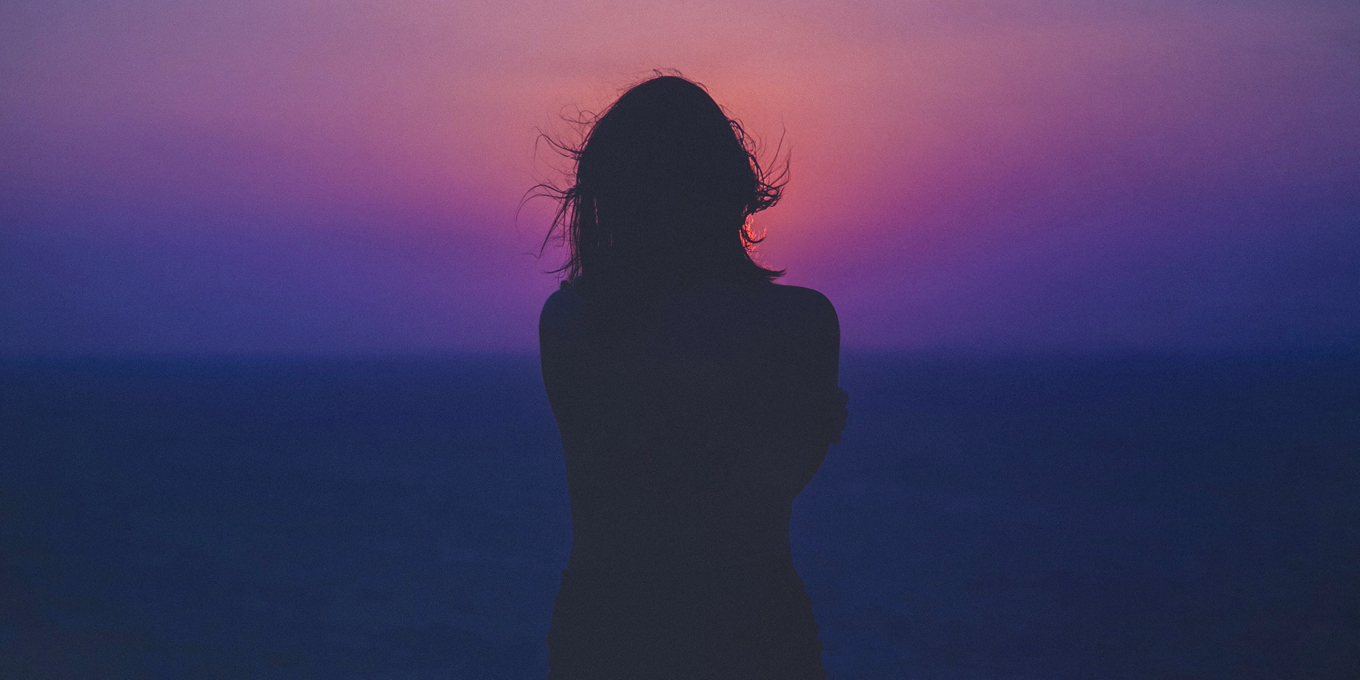
UNSPLASH
It’s 5 a.m. on a Sunday morning when I truly take in my surroundings. I’m on a makeshift dance floor in the basement of a random local shop with a roomful of stran- gers and the one friend who’s happy to take any evening as far into the night as I am. She looks terrible. I can only assume that, after eight hours of frantic drinking and dancing, I look the same. Once again, a night that started out relatively civilized—a meal at a bougie new restaurant—has descended into chaos.
Reckless nights out like this were a staple of my life BC (before COVID): There were parties, afterparties and after-afterparties, topped off with brunch and more escapades with another set of friends the next day. The prospect of a night in—or, worse, a night in alone—seemed dull. Tragic, even. As a consequence, I’ve never been skilled in the art of being by myself. It makes me feel on edge, nervous. I can’t even lie in bed with my own thoughts.
Instead, I have to rely on podcasts—the thoughts and voices of others, if you will—to send me off to sleep. What, then, is the worst thing that could happen to someone like me? Lockdown.
And so in March of last year, there it was at last: solitude. I felt as if the lights in my life had been turned off. My diary emptied. My “night-out friends” disappeared. For the first time ever, it was just me and the four walls of my apartment.
Those first few weeks were what can only be described as actively painful—like a splitting headache that no amount of painkillers could dull. Gone was the thrill of being wanted by others. Gone was the dizzying anticipation of how far I could push a casual drink out. Life felt…flat. Terrifying. Because for the first time in as long as I could remember, I was alone with my thoughts.
I’m not good with a lot of headspace. Time to think has never appealed to me, largely because thinking tips into the obsessive, which tips into a lot of negative self-talk. I’ve always been this way; I’m an overthinker. I will hash out memories of the smallest events that happened weeks—sometimes even months—ago. I worry about interactions that nobody else has even noticed, sending them whirling around and around in my mind, as if they’re on a spin cycle. It is endless, and it is exhausting.
Most of all, I flee from introspection because I’m not sure how much I like myself. As we near the beginning of full social reintegration, the thought of returning to my previous life fills me with dread, despite the fact that we’ve lost a year of valuable carpe diem time. What has changed? A lot.
In lockdown, the noise stopped. I felt calmer, grounded, like an untethered balloon that had gradually and gracefully drifted back down to earth. Without a crowd to perform for, I felt enlivened. With new socializing restrictions imposed upon us, I was able to see one close friend for an hour’s walk every day, and I was able to truly connect with them without the pressure of things unravelling into something wild and spontaneous. It felt much easier to leave a Zoom gathering than it ever did to leave a party, which meant I had far fewer hangovers and moments of crushing regret. In my happy isolation, there is no pressure to look good or be interesting; I can just be.
“The discovery of a new contentment with solitude can be a very good thing,” says psychologist Bella DePaulo, who, as someone who has lived her entire life as a single person, is a go-to expert on solitude. “It can add an important dimension of depth, meaningfulness and fulfillment to your life.” Psychologist Pauline Rennie-Peyton agrees. “People have started accepting themselves as they are,” she says. “The important questions are: Who am I? What makes me feel good? What [clothes] do I feel comfortable in? It’s about establishing your own identity, not the identity of who people think you are.”
I’m not alone (ironically) in experiencing the joy of solitude. Francesca Spector, author of Alonement, had no capacity for introspection until a breakup at 27 left her living on her own. “At 17, I took the Myers-Briggs personality test and it told me I was an extrovert,” says Spector. “It made sense because I loved being around people, so I moved away from any sort of quiet time.” Spector curated an excessively busy life, and no one ever told her it was a problem. She only managed to embrace solo time—which led to her coining the term “alonement,” a positive word to describe the state of being alone—when she reached a breaking point of exhaustion from filling every evening with nights out and bad dates.
“In my happy isolation, there is no pressure to look good or be interesting; I can just be.”
Here’s the problem: I worry that in rejoining the social world, I will lose my new sense of self and revert to using my social life to complete me. For many of us, crippling FOMO has been replaced with a creeping FOGO (a.k.a. fear of going out). “There’s a relearning that will need to happen,” says writer Eleanor Morgan, who has also spent the pandemic living alone. “I’m finding that it takes me a while to get back into the rhythm of conversation and remembering social cues.” She believes that a dent has been made in her—and many of her friends’—social confidence. The thought of having to navigate group dynamics again makes her uneasy.
But psychologist Abigael San, who specializes in mental health and addiction, warns about a new reliance on isolation. “It can be used to avoid underlying issues that need confront- ing,” she says. “There has been a removal of situations that bring discomfort, from deciding what to wear to making small talk in a coffee shop. But you will have to face these everyday interactions again one day.” (San explains that finding relief in quarantine is called “negative reinforcement.”)
As messages start to roll in about summer plans, group holidays and week-long hedonistic blowouts, my palms begin to sweat and my neck stiffens. I feel anxious that I’ll slip back into my tornado of self-destructive excess. Rennie-Peyton reminds me that when lockdown is finally over, we’ll all have a choice. “Do you want to go back to behaving the way you did before or do you want more balance in your life?” she asks. “It doesn’t have to be one or the other.” If you’ve built up a better, more accepting relationship with yourself, she recommends not going back to the autopilot setting of saying “yes” all the time.
“If someone asks ‘Would you like to go to XYZ?’ the answer should be ‘I don’t know; let me think about it,’” says Rennie- Peyton. “Just because you used to go out drinking a lot with your friends doesn’t mean you have to jet off to Ibiza for a week as soon as travel restrictions are lifted. Life doesn’t have to be lived at such a ridiculously fast pace.”
“If you’re feeling anxious, ease back in with a few small social gatherings and build up from there to avoid feeling overwhelmed,” says San. “It’s about not doing anything too big too quickly.”
Olivia Laing, author of Lonely City, agrees. “We are likely to find social contact and crowds quite alarming at the same time as longing for them,” she says. “Spending time alone but among others could be a really good way of easing back in—art galleries are a perfect way to do that.” It’s never easy to get the balance right between socializing and quiet time, but if you have learned to appreciate being on your own, Laing suggests making an effort to keep it up: “Schedule it in your diary so your days don’t fill up completely with post-lockdown fun.”
I’m hopeful I can swap my addiction to social isolation for social moderation. I aspire to emerge from my cocoon a truly balanced butterfly, introducing the person I’ve become over the past year to my old hedonistic self. Who knows? I might even turn into one of those mysterious, sophisticated women who go out for dinner alone with just a good book for company. But I do wonder if, as the world opens up and light comes flooding back in, the sheer messy, sprawling joy of tequila-fuelled spontaneity with friends and friendly strangers will prove impossible to resist.
Read more:
The Evolution of Team Canada’s Summer Olympic Uniforms
Disco-Loving Roller Skaters Have Revived the Breezy Sport
Cosmetics: A Deep Dive Into The Ethics of Mica
Newsletter
Join our mailing list for the latest and biggest in fashion trends, beauty, culture and celebrity.
Read Next
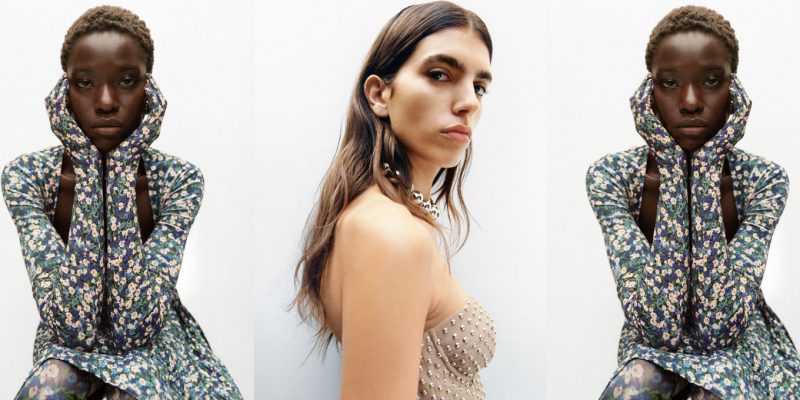
Fashion
H&M's Latest Designer Collab With Rokh Just Dropped (And It's So Good)
We chatted with the emerging designer about the collaboration, his favourite pieces and more.
by : Melissa Fejtek- Apr 18th, 2024
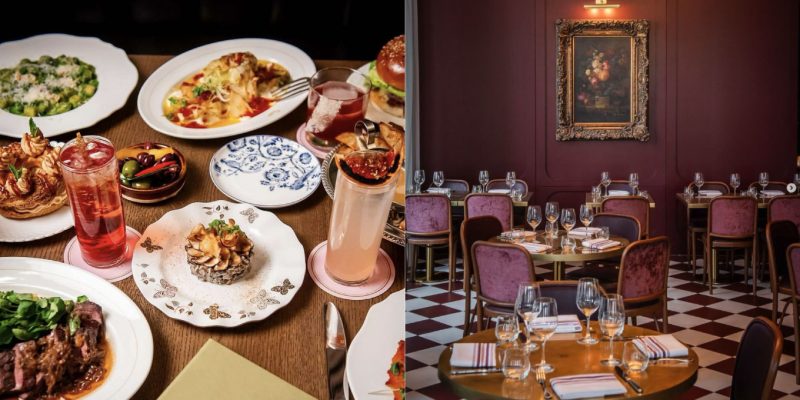
Culture
5 Toronto Restaurants to Celebrate Mother’s Day
Treat your mom right with a meal at any of these amazing restaurants.
by : Rebecca Gao- Apr 18th, 2024

Culture
This University Elevates Women to New Professional Heights
You shouldn’t have to pause your life to move forward in your career.
by : ELLE Canada- Apr 16th, 2024

